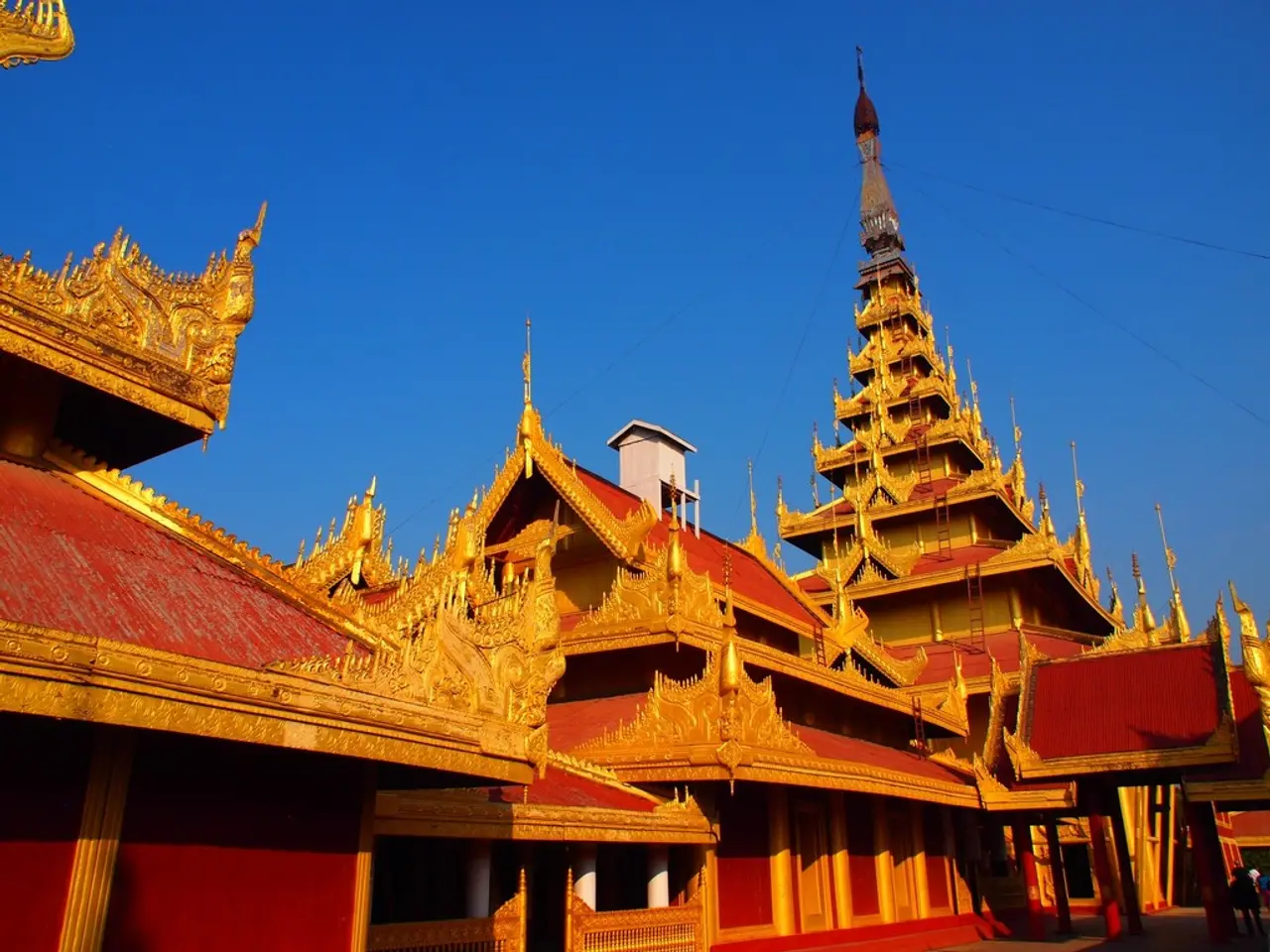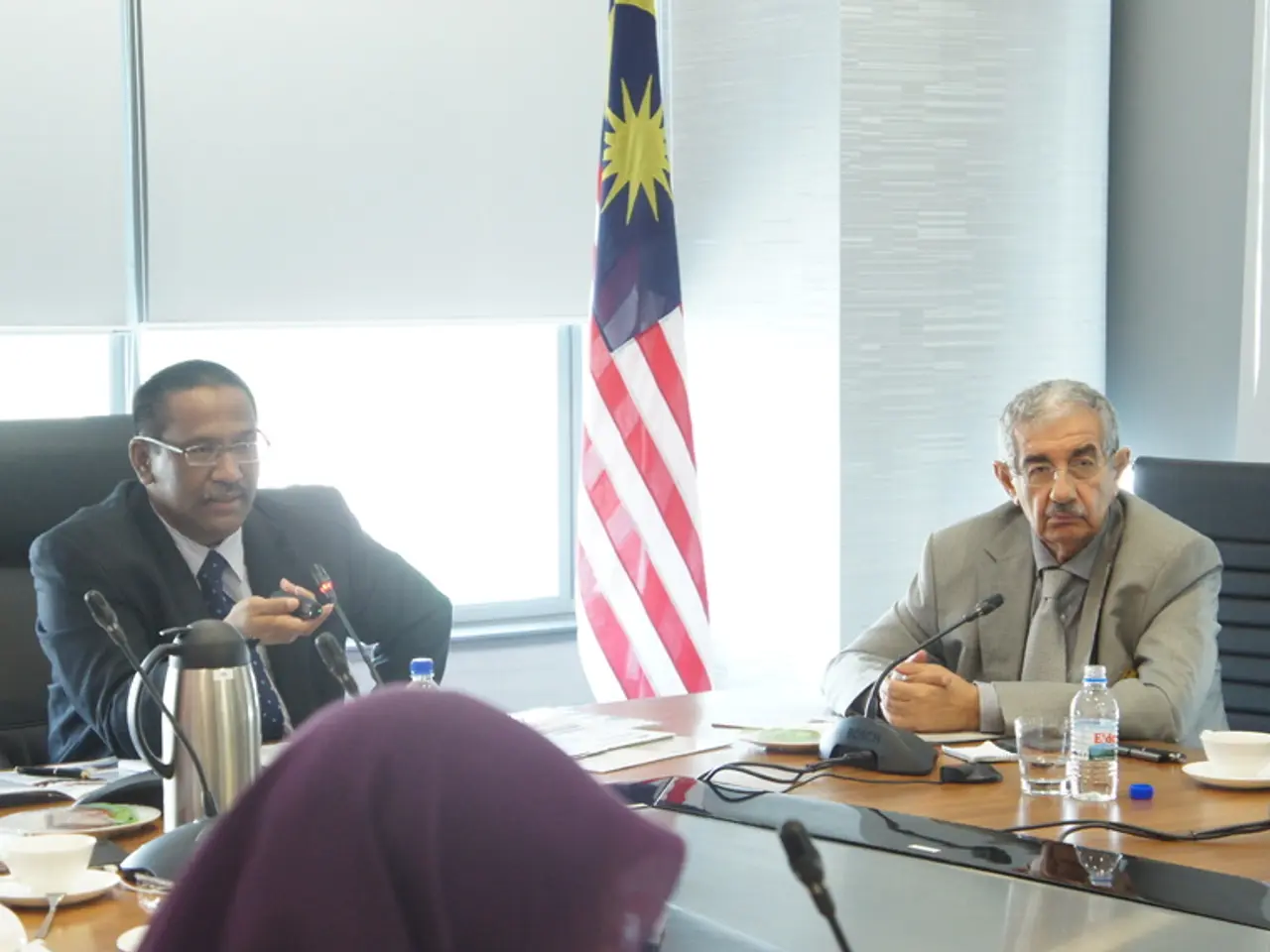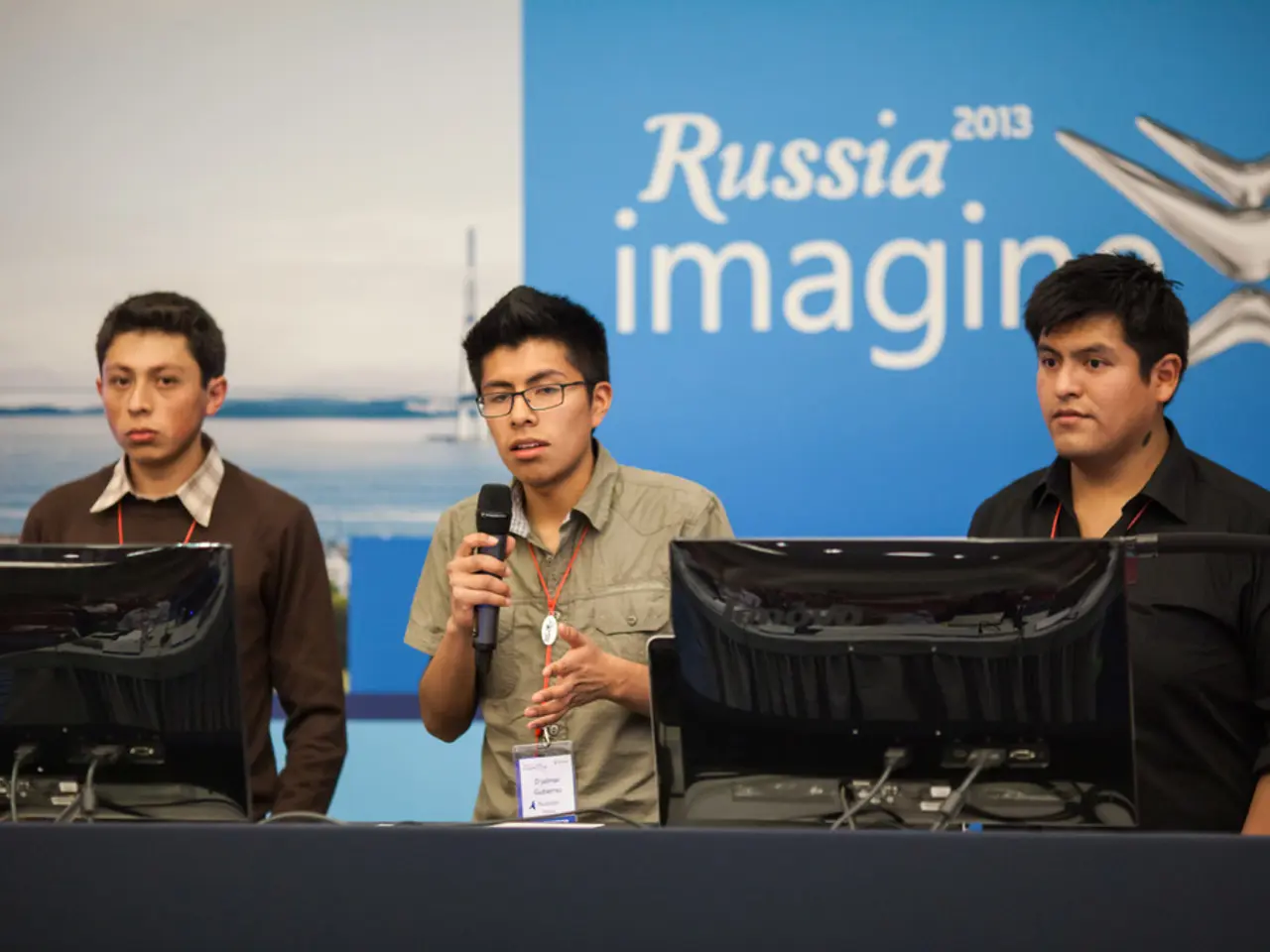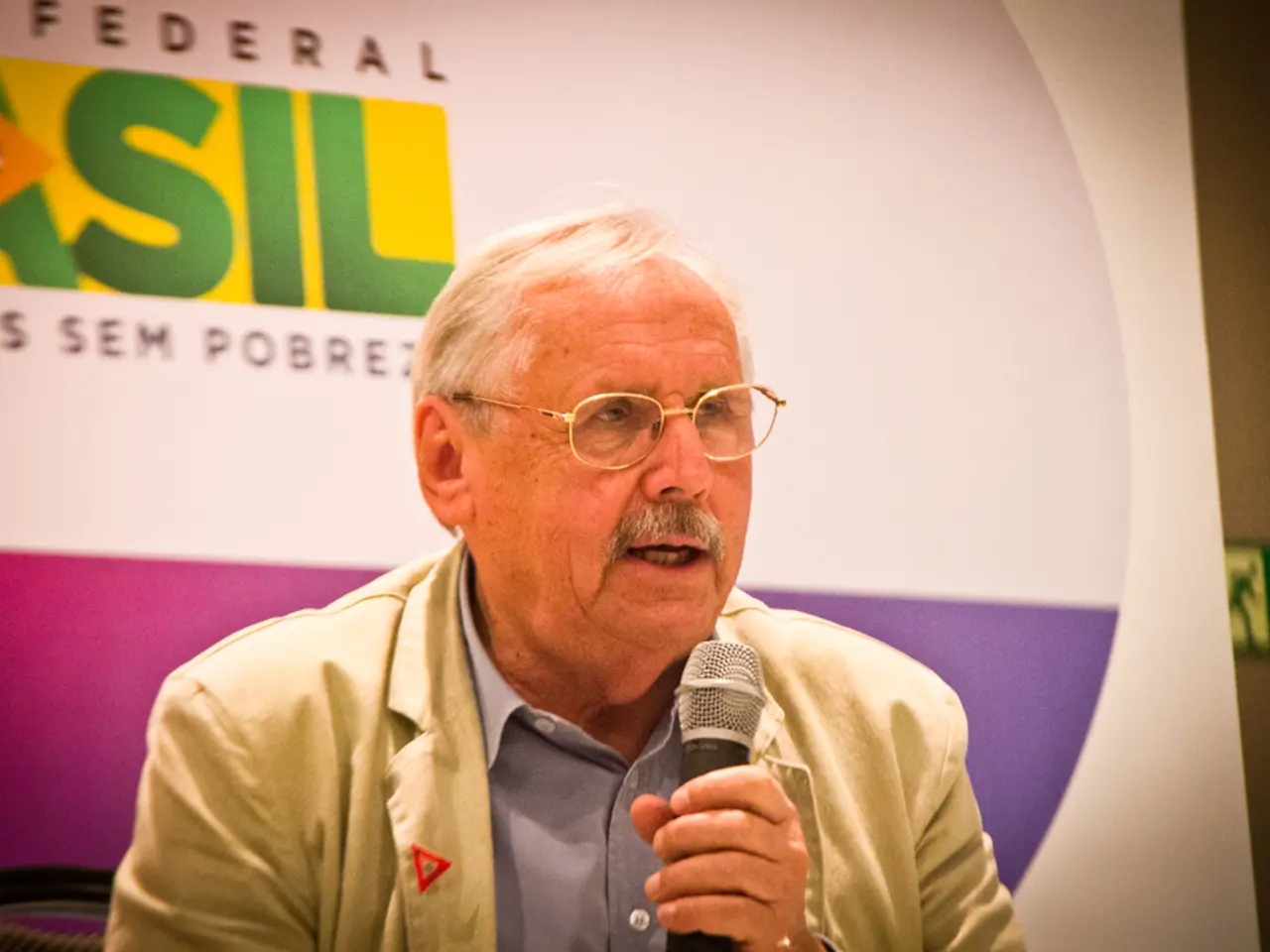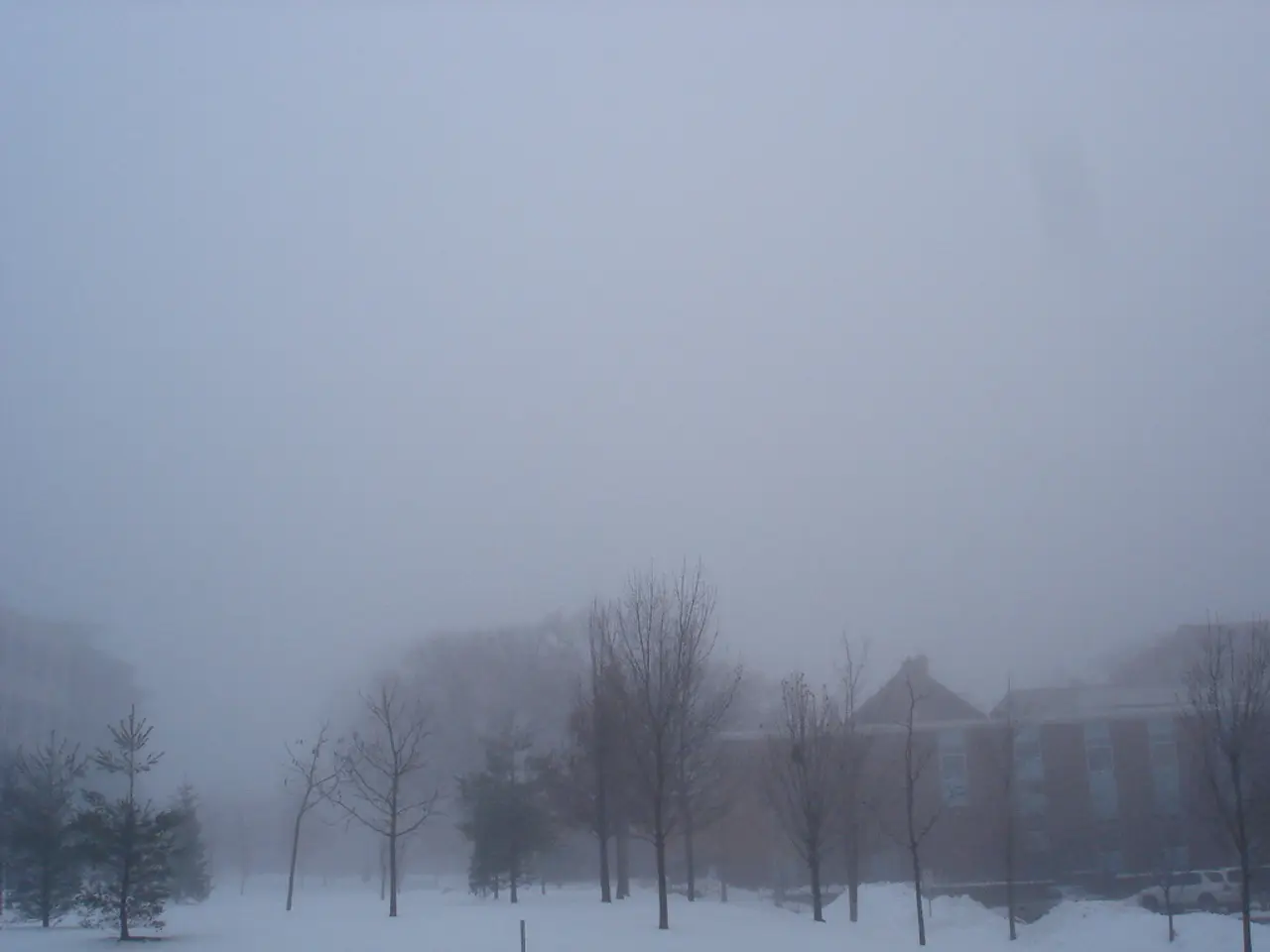Media Freedoms Threatened by restrictive laws and political pressure in Bangladesh, according to international organizations
In a joint assessment conducted between July and December 2024, the United Nations Development Program (UNDP) and the United Nations Educational, Scientific and Cultural Organisation (UNESCO), with support from the Embassy of Switzerland in Bangladesh, released a report titled "An Assessment of Bangladesh's Media Landscape: Free, Independent and Pluralistic Media." The report offers a comprehensive analysis of the challenges and opportunities facing Bangladesh's media sector during a period of transition.
The report highlights several restrictive laws and political pressures that undermine media freedom in Bangladesh. Entrenched restrictive laws continue to limit media freedom and trust in the country, contributing to a constrained environment for free expression and independent journalism. Political pressures from various quarters further restrict media operations, leading to a climate where media freedom is compromised and public trust is reduced.
The report stresses the need for urgent legal and policy reforms to align Bangladesh’s media laws with international standards. It calls for fair licensing practices, transparent state advertising, and stronger protections for journalists—including fair pay and better safety measures. The report also recommends credible self-regulation mechanisms and stresses the importance of combating disinformation and fake news, which are significant challenges for the media landscape in Bangladesh.
Prominent figures such as Chief Adviser Dr. Muhammad Yunus have called for the UN to help establish effective mechanisms to promote media ethical standards and self-regulation. The report further highlights the need for greater support for community and indigenous media, promotion of gender equality in newsrooms, and investment in professional standards and media literacy to rebuild public trust and foster a pluralistic media environment.
The report's release comes amidst concerns over the suppression of free speech under the Yunus administration. A group of 88 expatriate journalists, writers, researchers, cultural, and rights activists raised grave concerns over the "continued torture of journalists and suppression of free speech" in Bangladesh under the Muhammad Yunus-led interim government. The group alleged that efforts are being made to suppress freedom of speech under the Yunus administration by "imposing various official and unofficial controls" on both mass media and social media.
Sonali Dayaratne, Resident Representative to UNDP Bangladesh, attended the dialogue and stated that the joint assessment reinforces the need to safeguard media freedom and strengthen public trust. Alberto Giovanetti, Counsellor and Head of Political, Economic and Cultural Affairs at the Embassy of Switzerland in Bangladesh, expressed gratitude for the UNDP and UNESCO's support of the media assessment and urged partners to advance critical reforms to protect media freedom and strengthen public trust.
Mahfuj Alam, Advisor to the Ministry of Information and Broadcasting under the interim government of Bangladesh, attended the event in Dhaka as the chief guest. He stated that media must uphold ethics and accountability to prevent breaking public trust and wronging future generations. Susan Vize, UNESCO Representative to Bangladesh, emphasized the importance of freedom of expression as a fundamental pillar of democratic institutions.
In summary, the report advocates comprehensive reforms and support measures to address the challenges facing media freedom in Bangladesh. The report offers a timely roadmap for meaningful reform to foster a freer, more independent, and truly pluralistic media environment in response to Bangladesh's recent political and social shifts.
- The report released by UNDP and UNESCO in collaboration with the Embassy of Switzerland in Bangladesh indicates a need for policy-and-legislation reforms to align Bangladesh's media laws with international standards, particularly focusing on fair licensing practices, transparent state advertising, and stronger protections for journalists.
- Political pressures and restrictive laws continue to be significant obstacles for media freedom in Bangladesh, with entrenched laws undermining trust in the country and leading to a constricted environment for free expression and independent journalism, a concern raised in the report titled "An Assessment of Bangladesh's Media Landscape: Free, Independent and Pluralistic Media."
